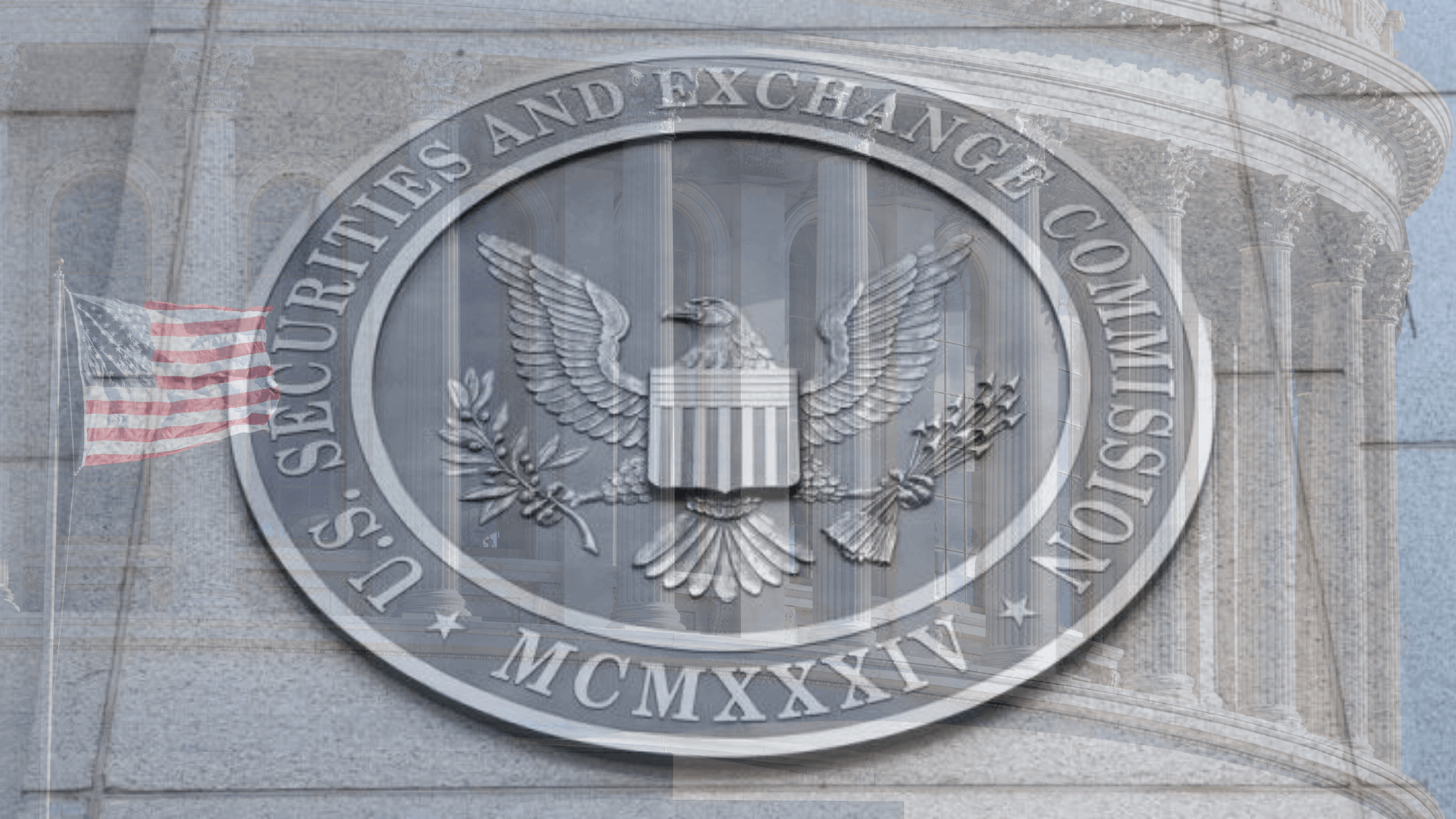On the 5th of June 2023, the US Securities and Exchange Commission (SEC) filed 13 charges against the prominent cryptocurrency exchange, Binance. This follows on from months of regulatory debate around crypto regulation in the aftermath of the FTX collapse which sent shockwaves through the financial markets.
The SEC's complaint details a range of alleged violations committed by the company.
The SEC's filing highlights various allegations, ranging from failure to register as a clearing agency, exchange, or broker-dealer to misleading statements about trade surveillance controls and rampant wash trading. This Regulatory Watch article delves into the key points outlined in the SEC filing, providing an overview of the allegations and their potential implications.
-
Failure to Register and Circumventing Control
According to the SEC filing, Binance failed to register as a clearing agency, exchange, or broker-dealer. This omission allowed the exchange to bypass associated regulatory controls.
-
Binance's Non-compliance with US Client Restrictions
The filing highlights that the firm was not authorized to have US clients at the time, prior to the establishment of Binance.US. Despite marketing Binance.US as a standalone entity, it is alleged that the platform was actually being operated by its CEO and other Binance executives. Binance US had to request data access from Binance's main platform and Asian data centers to serve its clients.
-
US Client Workaround Approach
The SEC alleges that Binance adopted a questionable approach by internally suggesting that its US clients use VPNs, allowing Binance to claim ignorance about their US residence. The filing cites a quote that implies Binance used IP addresses as the sole reason for preventing users from accessing the platform, stating, "If the user doesn't get the hint, indicate that IP is the sole reason why he/she can't use .com." Furthermore, Binance account managers reportedly contacted VIP clients, urging them to update their KYC documents to remove references to a US location.

-
Lack of Trade Surveillance Controls
Contrary to public statements touting the effectiveness of Binance's trade surveillance controls, the filing reveals that the exchange had not implemented such controls as of February 2022. The SEC claims that Binance did not monitor for wash trading, front running, or spoofing on the Binance.US platform. Pitch decks used during a 2021 fundraising round also allegedly included misleading claims about AI and behavioral oversight.
-
Wash Trading and Self-Trading
The filing alleges that Binance knowingly allowed wash trading on its platform. Specifically, it cites an example from September 25, 2019, where wash trading between Sigma Chain accounts and other accounts associated with Binance senior employees accounted for a significant portion of the initial hour of trading volume in a crypto asset. The SEC also notes that Sigma Chain is owned by the Binance CEO.
-
Inflating Liquidity and Reporting Inaccuracies
Binance purportedly overreported day-traded volumes by allowing self-trading and engaging in wash trading practices. The filing reveals that Binance's CEO also owns CoinMarketCap, a cryptocurrency liquidity tracker that would report on Binance traded volumes. Binance's CEO regularly tweeted out day-traded volumes potentially further misleading the market.
These charges underscored the importance of robust regulatory compliance in the financial markets, including the crypto sector. The original “Rogue Trader”, Nick Leeson, recently commented on this very topic during his speech at SteelEye’s flagship Regs and Eggs event.
Nick said, “The positive thing is that technology has come on leaps and bounds over the past 30 years, and firms have much stronger systems and controls today, the only exception being the crypto markets”.
SteelEye’s 2023 Annual Compliance Health Check Report found that despite the recent collapse of one of the industry’s largest cryptocurrency exchanges, 66% of financial services firms remain undeterred when it comes to dealing in high-risk alternative assets like cryptocurrency.
The increased appetite we have seen for digital assets in recent years is telling. The only way for regulators to get ahead of the issue will likely be to increase enforcement similar to what we have seen in this most recent case. As appetite for dealing in alternative assets remains high, the need for proper oversight and effective surveillance systems, like that of SteelEye’s, are more important than ever.
About SteelEye
Turn Supervision into Super Vision. SteelEye is the first and only fully integrated trade and communications surveillance solution. We empower financial firms with the data-driven tools and complete insights they need to focus on what matters, all from a single platform.
State-of-the-art algorithms and intelligent alerts proactively detect market manipulation and compliance breaches, while our holistic data model – which combines communications, trades, orders, news, and market data – provides intelligent insights and deep analytics. Founded in 2017, SteelEye has offices in the UK, North America, Portugal, and India.
Discover our solutions
Integrated Surveillance | Trade Surveillance | Communications & eComms Surveillance
Record Keeping | Best Execution & Transaction Cost Analysis | MiFIR Transaction Reporting











